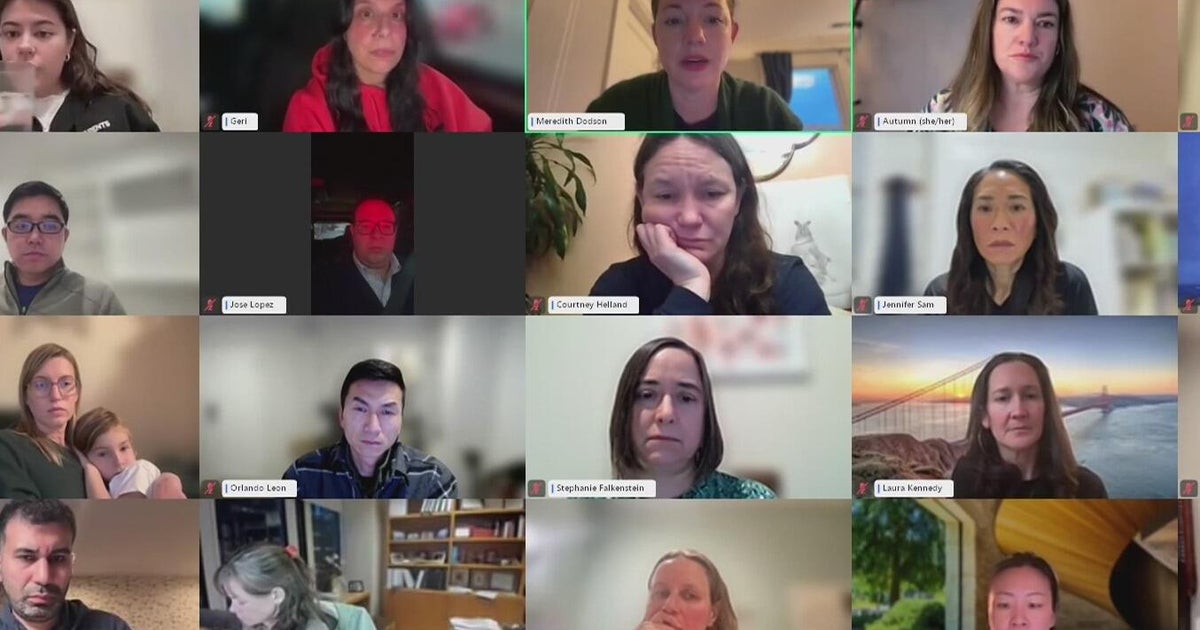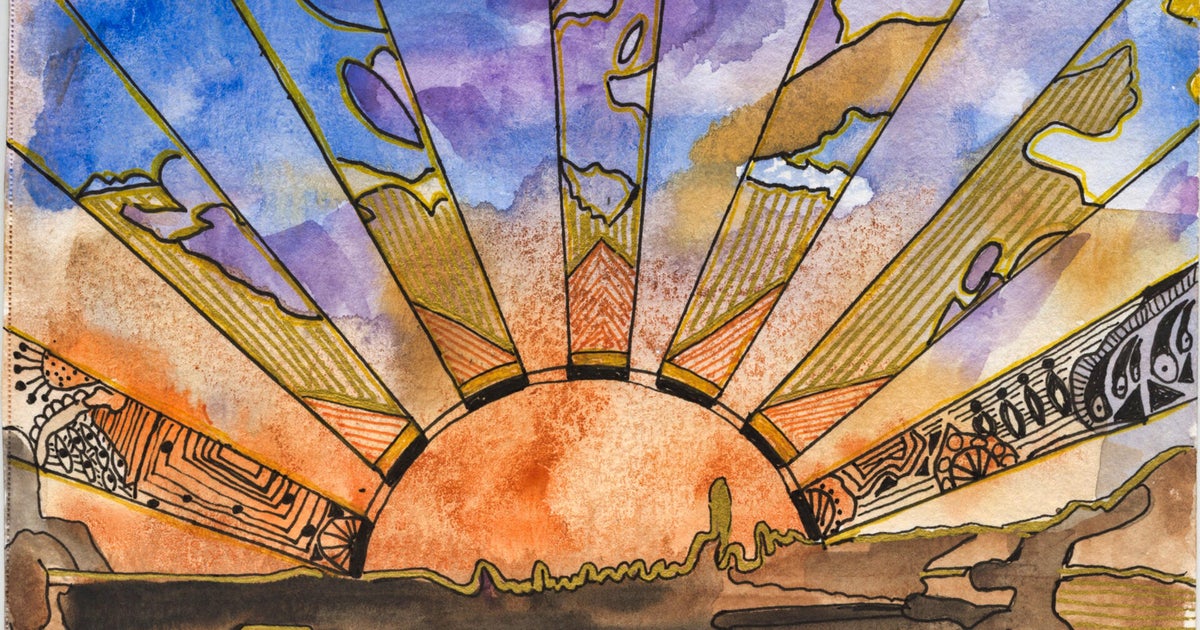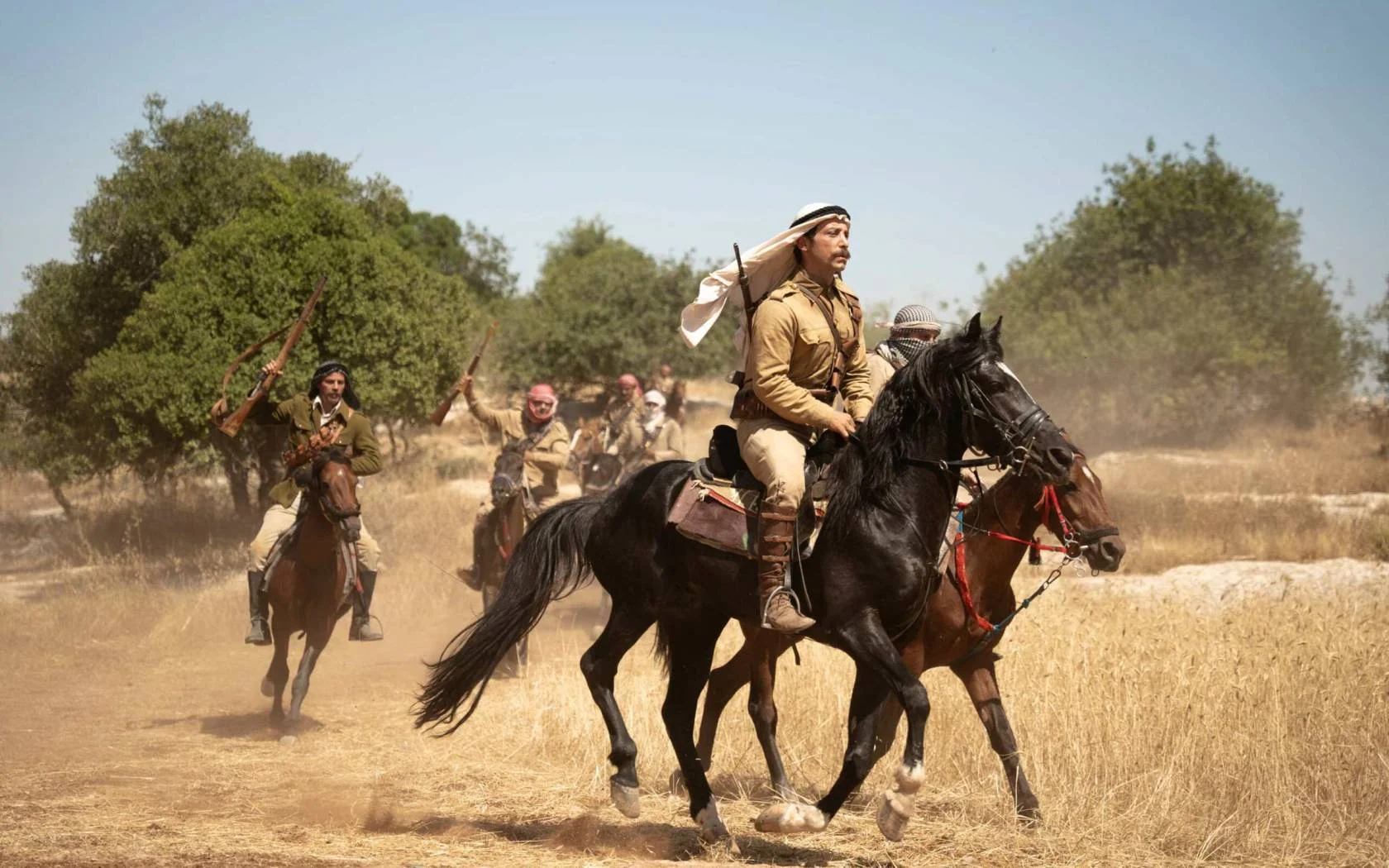"War of the Worlds" 2005
The story of the "War of the Worlds" that explodes onto movie screens this Wednesday was first published in England, in 1898. A prophetic and terrifying tale even then, it was written by H.G. Wells, the father of science-fiction.
It's a story that has been told many times over; New York's Radio Theatre performed it earlier this month.
For the new film, screenwriter David Koepp says part of his and Steven Spielberg's mission was to stay true to Wells' vision.
Koepp says the author "took this massive, global event and told it from one person's perspective, that's the genius idea. He never cut around the world to what was going on in China, San Francisco, and Africa."
A worldwide catastrophe, seen through the eyes of one man. In Wells' story, the man has no name. In Spielberg's film, that man is Ray Farrier, played by Tom Cruise. Cruise's character is a divorced New Jersey dockworker with two kids, who has the luck of having the world come apart at the seams on his weekend to care for them.
Cruise says, "My character's a deadbeat dad, and the question is, when all this happens, what is he going to do, when he has only been thinking about himself?"
"He running away from danger but most of all he has to keep his kids safe, his daughter safe," says Spielberg, talking about the character.
Actor Tim Robbins plays Oglivy, a man driven mad with grief and fear, hiding in a basement and determined to survive at all costs. "Just imagine what it would be like to live in this kind of circumstance," Robbins says. "To have to experience what my character experienced."
Koepp notes, "I think the ideas of war and the danger to one's homeland and the feeling of being invaded is on everybody's mind right now."
Those ideas and feelings are not so very different from those on American minds in 1938, when Hitler's armies were gathering strength for their relentless march across Europe. On Halloween night, 23-year-old Orson Welles staged the most famous telling of this famous story on the radio.
In Welles' version, the Martians landed in Grover's Mills, N.J. The story was presented as a news broadcast breaking into to regularly scheduled programming.
The moment coincided -- not coincidentally -- with a musical interlude on a competing and more-popular broadcast. Millions of early channel surfers never heard the introductions and disclaimers at the beginning of the broadcast.
For them the alien invasion was very real indeed.
Thousands upon thousands of Americans, believing the end of the world as we know it was at hand, fled their homes, thus causing injuries and deaths.
For first time, the sheer power of mass media was on display. The next morning, Orson Welles' apology went out to the world.
Welles daughter, Christopher Welles Feder, who was just a baby when "War of the Worlds" was broadcast, believes that her father's apology was heartfelt. She says, "I think he was genuinely appalled that that had happened. I mean, he couldn't believe that this was really happening. You know when you are as intelligent as my father, it's difficult to believe that people can be really stupid, you know?"
He may or may not have been sorry, but he was world famous and officially a genius. Welles' radio show, the Mercury Theater of the Air, got a sponsor, Campbell's soup, and Welles got a big movie contract.
He went to Hollywood, where studio executives hoped he might make a movie version of "War of the Worlds."
But Welles had other ideas. His first film was "Citizen Kane," which he wrote, directed and starred in. The film is considered by many to be the best ever made.
Welles, it would seem, had done it all. And he was only 25.
He would spend the rest of his life trying to come to terms with his early success, a subject at least as fascinating as the "War of the Worlds" and one that Austin Pendleton explores in his play, "Orson's Shadow."
Pendleton says of Welles, "I thought he was a cheerful, sad, brilliant, bewildered man which is a great mix for great artists."
And just what did H.G. Wells, who was 72 years old when Orson Welles set the world on its ear with his story, think of what the brash young man had done? At first, he was going to sue, but then, with a real war breaking out and his own book sales soaring, he thought better of it.
The two men met one time only, by another weird coincidence, in San Antonio, Texas, in 1940. They were both on speaking tours. The tone was one of cordiality, and mutual respect.
"War of the Worlds" would continue to inspire panic and terror, long after the controversy of 1938 died down.
On Nov. 12, 1944, Welles' radio play was rebroadcast in Santiago, Chile, and again terrified citizens took to the streets, or barricaded themselves in their homes.
In 1949, a radio station in Quito, Ecuador, broadcast news, in Spanish, of an alien invasion there. The resulting pandemonium made headlines around the world.
Hollywood's first "War of the Worlds" was made in 1953, in the midst of the Cold War. Armies of scientists and military men handled the invaders. One of the attempts called for blasting them with atomic bombs just outside Los Angeles.
How this "War of the Worlds" will be received is what it tells us about our time and place. What nerves it touches and feelings it triggers, we'll just have to see.
But one thing you can count on: it won't be the last time this particular story is told.
"A hundred years from now, I'd love to see 'The War of the Worlds' because I think it will be new and fresh. It's just the specifics that change, who we're particularly afraid of changes, and who has reason to be afraid of us changes," says Koepp.






